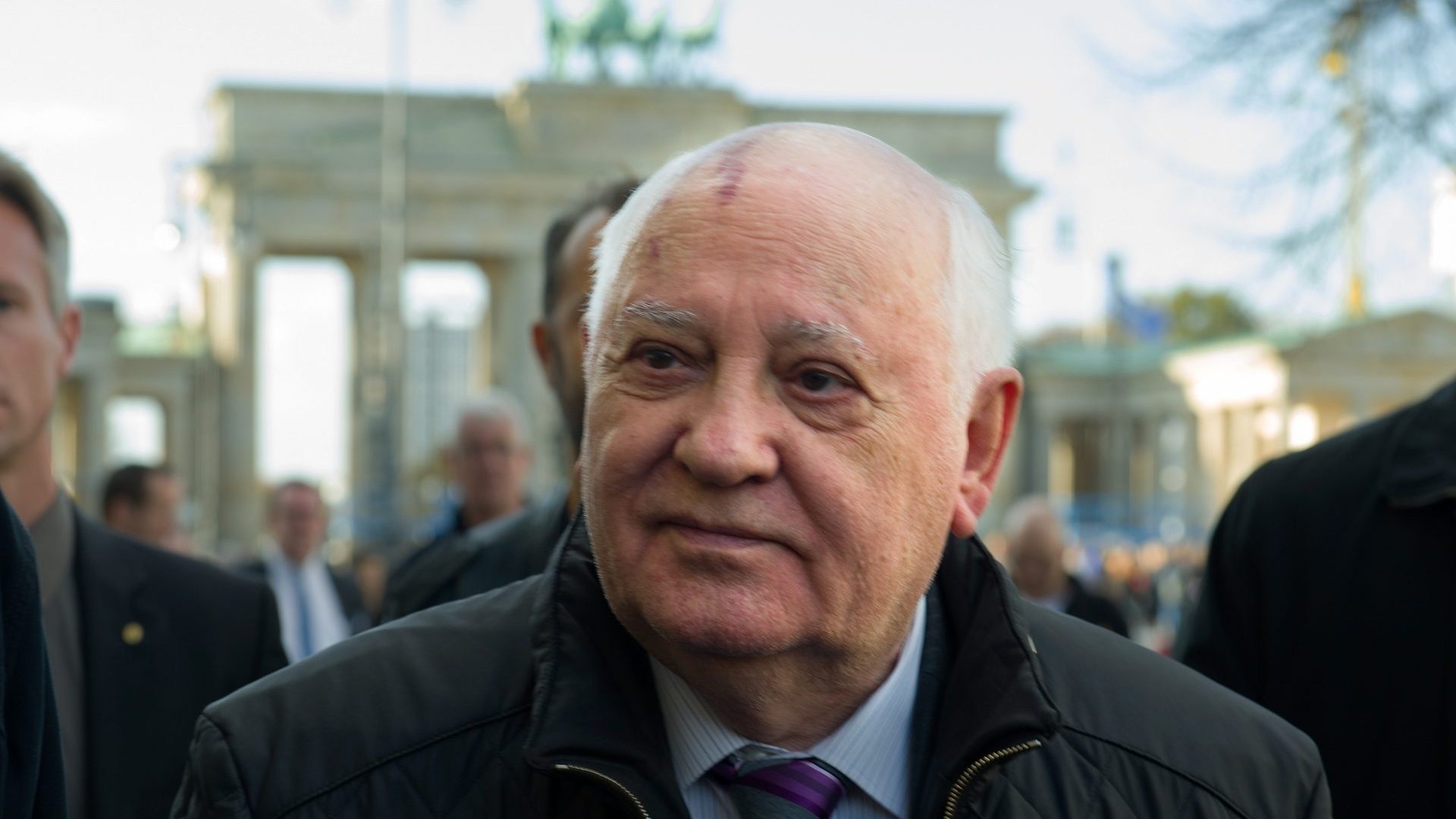I usually agree with Paul Mason but there are better responses to our energy crisis than his promotion of solar “farms”. (In an energy crisis, why does Truss want to turn off the sun? TNE #305) Solar farms provide a one-off windfall profit to rich land owners at the expense of employment in farming.
Solar farms convert the sun’s energy to electricity but arable farms convert the sun’s energy to food – our most essential source of energy. Green plants are more efficient than photovoltaic cells. We have a food crisis and an energy crisis. We can import more food (and export less) or we can import more energy but that’s not the choice.
We need land for tree planting and to reduce methane emissions we should transition livestock to arable and rewild lower-quality land. As Paul says: “What solar, what developers need, above all, are connections to the National Grid”. He wants “ a government prepared to regulate the grid to make this happen” but we need government to require newbuild roofs to have solar panels and older buildings, already connected to the grid, to have solar panels fitted and be better insulated, reducing demand and incidentally saving people from poverty. We are doing well at offshore wind, also now connected to the grid. Would it be beyond our capabilities to fix solar panels above and tidal power below the turbines?
There are better places to generate electricity than farmland. A better world is possible.
Roland Lazarus
I’ve just read an article in the New York Times, it seems that the water companies are considering recycling sewage as drinking water, it makes a change from “Let them eat cake”.
Kathy Erasmus
London
Gorby tops
Nice to see TNE tributes to that greatest of European lives, Mikhail Sergeyevich Gorbachev. With the possible exception of Nelson Mandela no other politician or statesman/ woman of my lifetime – I’m 48 – comes close to him. I remember, aged 12, in 1986 how optimistic I felt when he and Ronald Reagan came close to eliminating all nuclear weapons in Reykjavík (sadly Mrs T turned up and squashed it).
I’ll also never forget, aged 15, nearly 16, the near-disbelief and hope I felt watching the fall of the Berlin Wall and the collapse of the iron curtain on tv in late 1989. (I’d already had a brief glimpse of the Soviet Union – Sheremetyevo airport and its environs – in 1987 aged 13)
One also shouldn’t forget his glamorous and charismatic wife Raisa Maximovna Gorbacheva. They came as a pair and Raisa – an academic and sociologist – was so much more than just a “first lady”. As Isobel Montgomery wrote in her obituary: “Raisa will be remembered as one half of a devoted couple who changed the world”.
Rest in Power, Mr and Mrs Gorbachev.
Will Goble,
Rayleigh, Essex
A-levelling up
I could not agree more with Martin Roche (Letters, TNE #305), that the headlines should have read, “A-levels are failing England, Wales and Northern Ireland.” The idea of providing a broader, more rounded education has much to commend it. He writes intelligently with regard to the Scottish system. But there’s more.
Tony Blair’s think tank has been accused of “dumbing down” education after it called for GCSEs and A-levels to be scrapped. Following decades of dithering we need politicians brave enough to scrap GCSEs.
Whatever his record, his think tank, The Tony Blair Institute published radical suggestions for reform. It brings forth the collective thoughts, reflections and writings of Iyvan Illych, Paulo Freire and Augusto Boal; the so-called deschoolers, to refer to the transition process that children and parents go through when they leave the school system in order to start homeschooling.
But for me, homeschooling is not the answer either. More impressive are the pedagogic successes of Illych, Freire and Boal; and moreover, the possibility of “young people leading rich and meaningful lives”, as my erstwhile colleague at New England Conservatory, Gunther Schuller, once said. Now that’s the ticket.
Professor Kit Thompson
Cambridge
Lords test
In TNE #305 you published letters from David Hogg and Graeme Kemp about improving, abolishing or replacing Britain’s upper house.
I agree that this is important. In assuming a move to some form of slimmed-down senate I resist calls for it to be elected; far better for a commission to establish nominating bodies (from civil society, campaign groups with sufficient members, the professions, arts, media, industries etc – and, grudgingly, from political parties) with each body given a quota of nominees to select (by a method of their choosing), and with a total of around 250 members, subject to a 10-year limit on total time served. Most of the senate’s business should be conducted online – mostly through reading and written submissions, with occasional online conferences. (If the Commons’ business were also moved online, the Palace of Westminster could be refurbished and re-purposed – but that’s a topic in its own right).
I suppose there might be scope to elect one or two members from each “region” of the UK (if we could agree on those regions). We struggle to find worthy candidates for elections to the House of Commons so I cannot foresee much success in trying to find more to populate the upper house.
Oh – but we should elect our Head of State!
Gareth Robson
Beckenham
President Liz
This country is supposed to be a parliamentary democracy run by cabinet government bound by collective responsibility which is headed by a prime minister who is primus inter pares. When ministers say that nothing can happen until a new prime minster is in post to decide what to do, they are really saying that we have entirely moved over to a presidential system where cabinet ministers are merely functionaries implementing the capricious will of the leader.
Given that President Truss was elected by less than 0.3% of the population, I am curious to know how this significant constitutional change happened entirely without comment or debate.
Peter Haydon
London
Off the record
I have just taken a subscription to your excellent paper and offer a possible response for consideration to Sophia Deboick’s very enjoyable article “It’s the Vinyl Countdown” (TNE #305).
It always elicits a passionate response that some songs have not been included but Adamo’s Inch’Allah caused a sensation when it came out and stayed in the French charts for a year although it was banned in Arab countries.
I would also add Johnny Hallyday’s Que je t’aime, which became an unofficial anthem in France.
Harry Doodson
Bath
Hounded out
It’s not just black people who have contempt for Elvis Presley. (“The King and I”, TNE #303) Some black people resent what they see as Elvis’s early form of “cultural appropriation”, and resent the fact that black singers who probably influenced him had nothing like the same commercial success. However, a dismissive attitude towards Elvis features strongly in white middle-class culture as well, for analogous reasons. For instance, snooker player, DJ and music enthusiast Steve Davis dismisses Elvis as a lightweight popster, unworthy of serious musical interest.
Both related viewpoints have more than a whiff of lightly informed snobbery about them. In contrast to Greer’s lofty attitude, Stax legend David Porter has a more informed, and very different, take on Elvis:
“When you look at his gospel performances, can you not see how he’s emotionally connected in a way that you sense he’s living through every word? There’s a testimony in every one of the facial expressions he makes that says he’s authentic in that. That’s out of the black experience in gospel. That is something that not everyone can tap into unless you’re really legitimate. Other people can sing it, but can they sing it the way Elvis can? No. That comes from the foundation that he has… he was opening up a market that had been not fully opening up to black music, breaking down barriers to a greater appreciation of what black music truly was. That opened up more doors for artists like Chuck Berry, Little Richard, Fats Domino, Brook Benton and so many others. He was not Pat Boone, because he was soulfully expressing the songs with an R’n’B flair, showing what black music was through his perspective.”
I love both versions of Hound Dog. Obviously, Big Mama Thornton’s version is the version for adults, and for music buffs. It simply has more musical depth. But Elvis’s genius was in marrying shallow, mass-market sex appeal with pop music that had a core of genuine quality.
And, had Bonnie Greer dug a little deeper, she may also have realised that Hound Dog was written by two white guys anyway (Leiber and Stoller).
Elvis was as entitled to sing it as anybody else.
Seán mac Cann
Trillick, Co. Tyrone
Seriously…?
I’m sorry, I just can’t let it go. Is Charlie Connelly really being serious, when in his article concerning literature about Venice (TNE #306) he describes Nicolas Roeg’s film masterpiece Don’t Look Now as being “hilariously overwrought”? Wonderfully acted by the two main leads Donald Sutherland and Julie Christie and with a great supporting cast, it never fails to deliver on repeated viewing.
Having watched it numerous times since the mid 70s as a teenager I can think of many ways it could be described, all of them highly creditable. OK, the ending could well be considered bizarre, but to ascribe hilarity to what is considered by many critics and directors to be one of the most influential films ever!
Come on Charlie, you were just being deliberately provocative, were you not?
Paul Greaves
Mexborough
A Vlad idea
Putin thinks that his oil and natural gas production will ensure the future of Russia. He has failed to realise that his war on Ukraine has already caused countries in Europe to increase their output of renewable energy.
Solar panels, wind, geothermal, hydroelectric, wave and tidal energy projects will be increasingly developed. Nuclear power stations will be built.
Russia will become an economic dinosaur as more and more nations turn to renewables. This is Vladimir Putin’s Achilles heel.
David Hogg
Bristol
Heath boost
Your publication of three rankings of post-1940 British prime ministers (TNE 306) opens up several cans of worms. I’m relieved to see that.
Whereas the UK academics rank Margaret Thatcher as number 2 (after Clement Attlee), TNE readers give her a much more realistic position at 7th. Personally I should place her even lower than that. She did more harm than most.
Her squandering of the North Sea Oil bonus on sustaining a cruelly high level of unemployment, her (possibly illegal?) use of the police to crush the miners’ strike and the subsequent impoverishment of former mining areas, and her ideological policy of privatisations are just three examples.
I also believe Edward Heath deserves a higher position: he did, after all, get us into the European Union.
Peter Wrigley
Birstall



